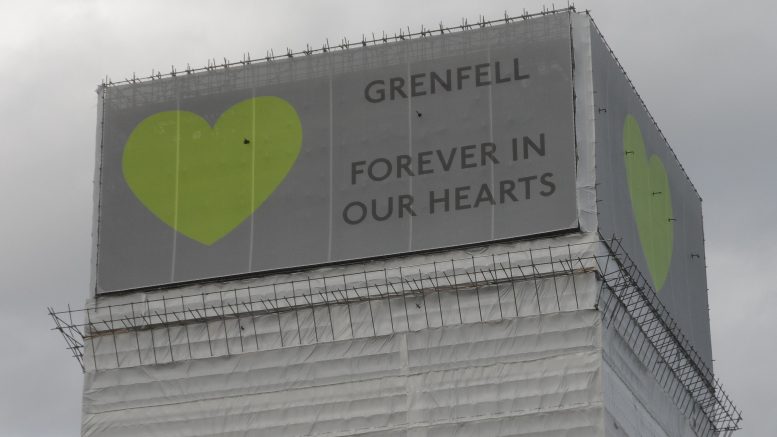The implementation of universal credit in the North Kensington area has been met with a large amount of criticism.
The horrifying result of the failure of governments at #GrenfellTower constantly haunt me, as does the stories of failure of Universal Credit. The roll out of universal credit must end, & under no circumstances forced on the communities of #Grenfell.https://t.co/5Zpz4WLzdy
— Amelia Womack – Green Party (@Amelia_Womack) November 1, 2018
This isn’t ‘sneaky’ Budget day announcement, or bad planning. To hit Grenfell survivors & the wider community with #UniversalCredit now is just wrong. https://t.co/DbQxnABIlS #ukhousing #grenfell
— Michael Chandler (@mlchandler01) October 31, 2018
Most people affected by #Grenfell disaster are still displaced in emergency/temp accommodation, trying to piece together their lives again. Moving them onto #UniversalCredit now, knowing how broken it is, would just create more problems for them! https://t.co/Ca8iv5jTf9
— Law Centres Network (@LawCentres) October 31, 2018
A new updated version of the Welfare Reform Act 2012 was published by the Department for Work and Pensions (DWP) on the day of the Budget on Monday.
The regulations stated that “the roll-out of Universal Credit full service in postcode areas administered by North Kensington Jobcentre will now take place from 12 December 2018”.
The Grenfell neighbourhood is included in the area.
Emma Dent Coad, Kensington MP, told HuffPost UK that she was “dreading” the impact and the DWP should “have a bit of a heart”.
“I don’t think anybody should be put on this failed system but particularly anyone affected by Grenfell.”
Frank Field, the chairman of the Work and Pensions Select Committee in the Commons, urged for a further halt to the roll-out.
He asked: “Is this really the most appropriate time for the DWP to subject people in such vulnerable positions to the full force of universal credit?”
Universal credit is the flagship reform of the benefits system. It is a benefit for working-age people, replacing six separate income-related benefits (including income support, housing benefits and working tax credit) and merging them into one single payment every month in order to make claiming benefits easier.
It can be claimed no matter if people are in or out of work, but the payment gradually decreases as you earn more in work, which acts as a way to incentivise people to work instead of staying on benefits.
As of August 2018, 1.1 million people in the country had been signed up for universal credit.
However, in practice, the reform has been proven to be controversial.
It usually takes at least six weeks to receive the first payment, 20% of new claimants waited for almost five months, and about 8% waited for eight months. As claimants have to pay costs such as rent out of their universal credit payments, it could lead to rent arrears and it is said that many landlords are “unwilling” to rent to universal credit claimants.
Food bank use has also increased in areas where universal credit was implemented. According to the Financial Times, demand for help from the Trussell Trust’s food banks increased by 52% after a year in areas where universal credit had been fully introduced.
Research has shown that universal credit could have harmful impact on different communities, as well. Some families with children would be left with thousands of pounds worse off a year, up to half a million disabled people and their families could lose up to £58 a week, and self-employed workers could lose out on more money than those who work in a steady job.
Words: Leyi Chen | Subbing: Fiona Patterson

